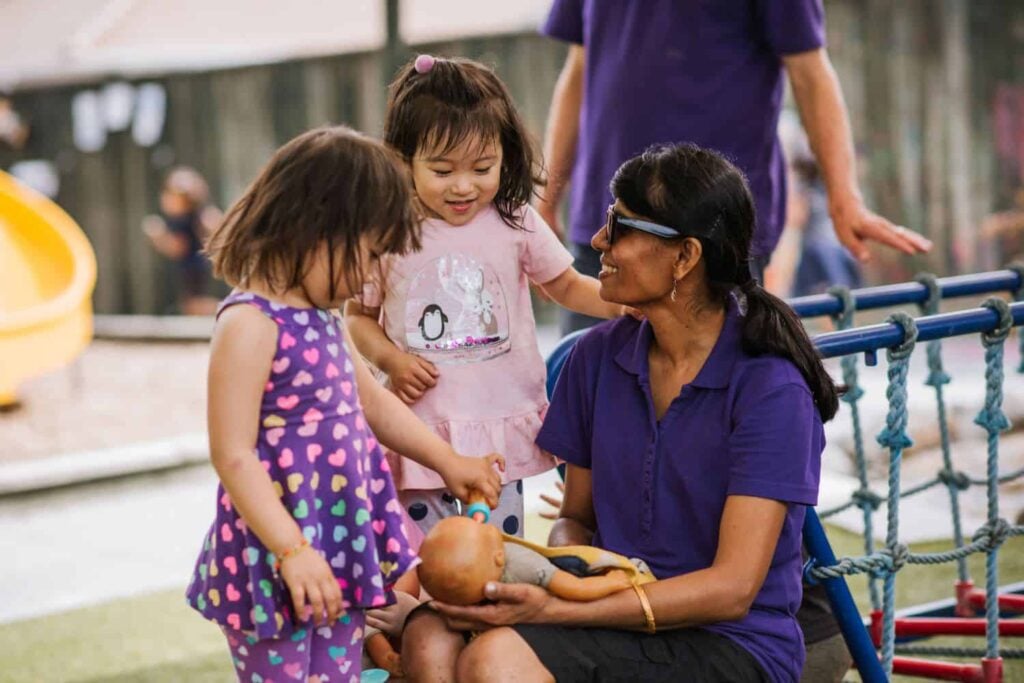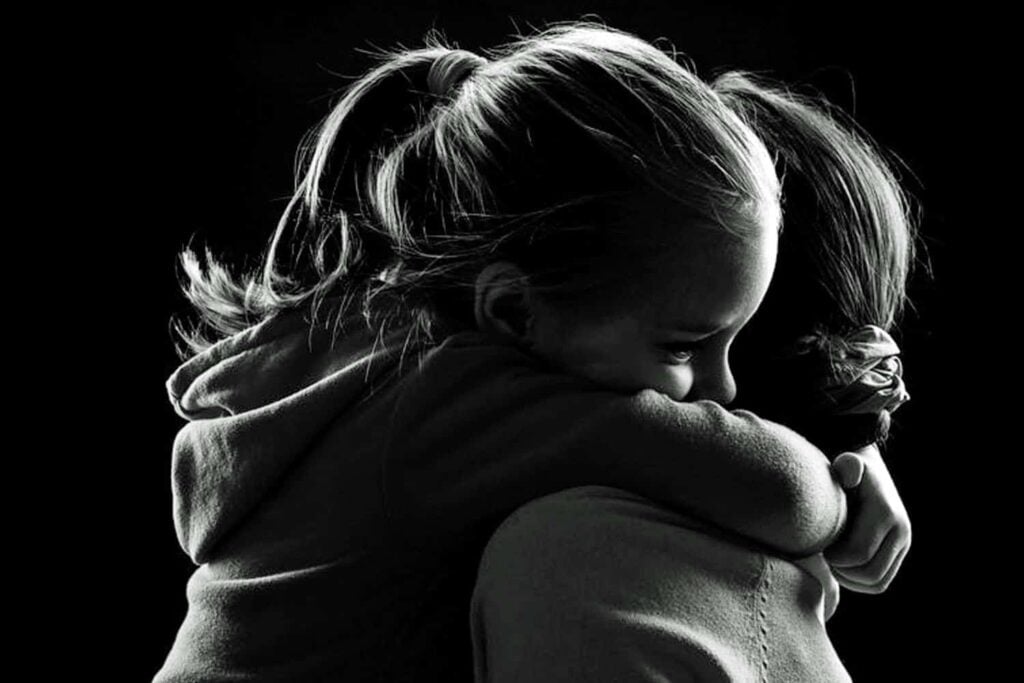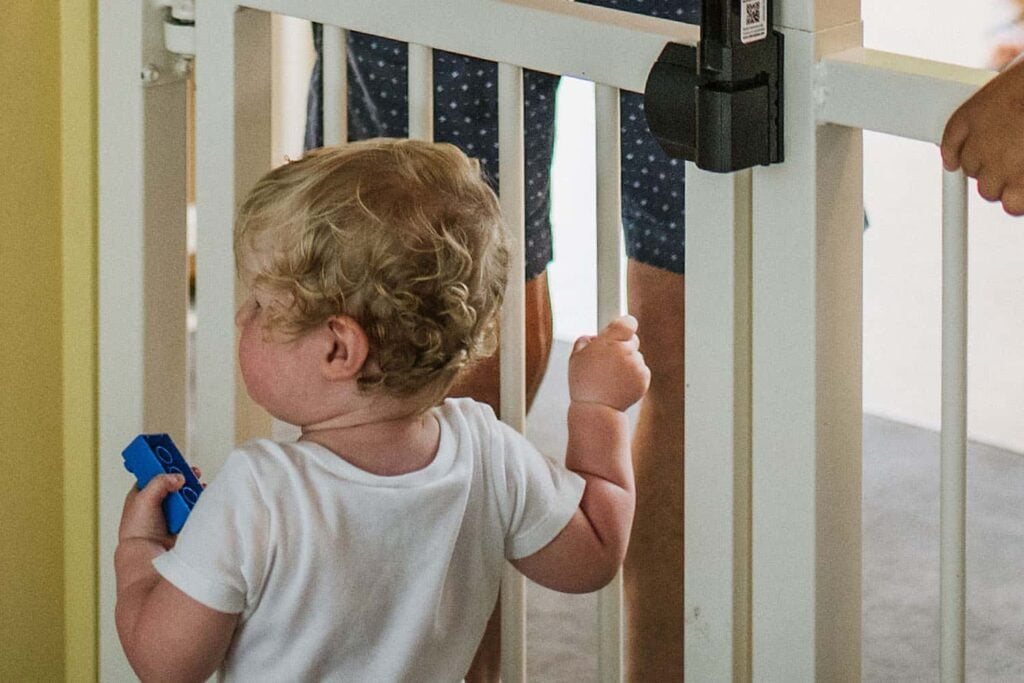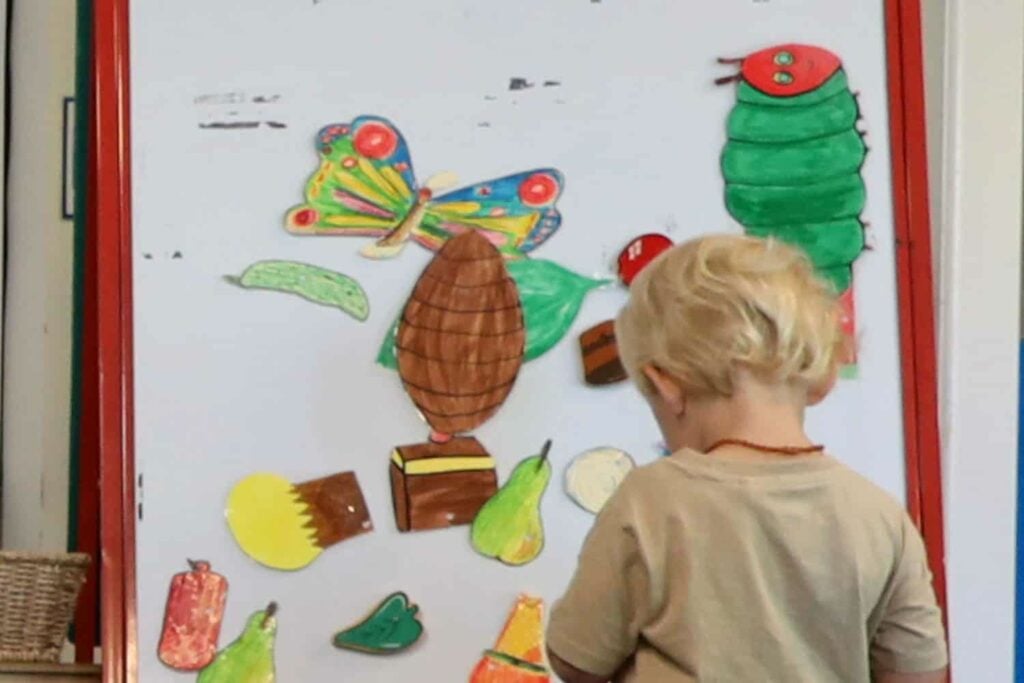Are Kindergartens Willing to Let Other ECEs Have Same Funding and Pay Parity?
July 1, 2022.
Click on the video play button
Share the video by clicking on the share icon
Further information
Eight kindergarten associations expressed support for pay parity for all ECE teachers. Amanda Coulston speaking for the eight associations said in a 2020 press release that they totally agreed it was unfair that kindergartens get more funding than other services, allowing kindergartens to provide pay parity and generally better employment conditions than other ECE employers. They supported others to have pay parity with public school teachers – but providing it is done through a national collective employment agreement. The eight kindergarten associations are: Auckland, Inspired Kindergartens, Kaitiaki Kindergartens, Kidsfirst Kindergartens, Kindergarten Taranaki, Napier Kindergartens, South Otago Kindergartens and Whānau Manaaki.
NOTE: The Education and Training Act (2020), Section 548 (5) makes it clear that the Minister of Education can attach conditions or purposes, related to employment matters, to grant funding to help achieve employment relations aims such as increasing teacher pay and improving employment conditions. A national collective employment agreement is not necessary.
Political Background
- On 1 July 2002 teachers working in free kindergartens were granted full pay parity with primary school teachers by the then Labour government. Minister Mallard promised that work would be done to extend pay parity to all ECE teachers not under the kindergarten teachers’ collective agreement, however that did not happen.
- In 2011 the Ministry of Education’s Simon Laube and Natasha Kuka drafted advice recommending to the then National government to make cost savings to the ECE Budget by restricting salary cost adjustments in funding to employers who were kindergarten associations. Separate funding rate tables took effect from 1 July 2011. Centres not funded as kindergartens no longer had support to pay their teachers at least at pay rates equivalent to school teachers, placing kindergarten employers and teachers in an advantaged position over the rest of the sector.
- On 17 October 2017 Labour once again came into Government.
- In late 2019 in response to our Pay Parity campaigning Minister Hipkins spoke of ECE teacher pay being the government’s top priority going into Budget 2020.
- On 15 September 2020 Labour announced that if re-elected into Government it would deliver pay parity for early childhood teachers.
Kindergarten pay parity
- Within 10 months of the Labour Government deciding in 2001 that kindergarten teachers deserved to have pay parity they were given it. On 19 Sept 2001 Minister Mallard said “We are well on track to keeping our promise … for phasing in pay parity to be completed during the first term in government.” On 1 July 2002 kindergarten teachers were granted full pay parity with primary school teachers.
- In July 2019 it took no more than a week for Kindergarten Associations and teachers (represented by NZEI) to negotiate and settle on an agreement with the Ministry of Education for the same pay bump as teachers employed in schools, including a minimum pay rise of 18.5 per cent by 2021 and increases in head teacher and senior teacher pay.
- The New Zealand Educational Institute (NZEI) said that it was a significant deal for teachers in kindergartens but for other early childhood teachers it was going on with pay equity claims (not pay parity with school teachers).
- Kindergarten Associations and those employed by Kindergarten Associations did not raise issues of fairness and justice and seek fairness and justice for the rest of the sector in agreeing to a new pay and funding deal.
- The same pay deal can delivered with or without a union collective agreement – it can be delivered by salary attestation (a funding document that becomes legal when signed by service providers) and there is no legal reason that any funded employment conditions for kindergarten and school teachers, cannot also be included in attestation.
- With NZEI now saying that pay as a teacher is not enough and proceeding with a claim for pay equity on behalf of kindergarten teachers, how can it sign a new KTCA (the current one expires on 11 July 2022)? – because if it does then it will be agreeing with pay parity rates as fair for its kindergarten teacher members.
Video text
Today marks a most important and exciting day in the history of early childhood education in NZ Aotearoa.
20 years ago, on the 1st July 2002, early childhood teachers in kindergartens began receiving pay parity with primary school teachers.
But before we begin celebrating the success, consider this – the government also promised pay parity would be provided to the rest of the early childhood sector. It never was.
Also, what you might not know if you haven’t been in the sector for as long as I have, is that when government upped the funding to incentivise childcare and education centres to reach targets of 80 and 100% ECE qualified teachers, Kindergarten Associations around the country jumped into the education and care centre funding, and converted their kindergartens to all day education and care centre licences – instead of staying as sessional licensed kindergartens.
Basically, blowing the government’s budget for ECE, and the government looking at how it could save costs. Leading in 2011 to the Government restricting funding for salary increases to Kindergarten Associations only. The targets for qualified teachers were also dropped.
This really hurt the rest of the sector.
Our sector has become one in which for-profit services have thrived. Teachers have their kindness for children and families taken for granted, and suffer high burnout, and low pay.
And what we see now is that the negative effects of the funding difference and lack of pay parity for teachers in the rest of the sector, is rippling through to kindergartens.
Now a new KTCA (Kindergarten Teachers’ Collective Agreement) is up for negotiation this year.
Claims may be put forward for pay increases, and other things such as equivalence/parity with Primary Teacher disregarded sick leave, and for relievers to be treated as permanent employees for pay and conditions.
But if today’s kindergarten teacher staffing, resourcing and workload problems are to be fixed then the effects of the historical privileging of kindergarten teachers for pay parity, on the rest of the sector, must be addressed.
We all know that kindergartens today are licenced under the same regulations and are no different to other centres.
Kindergartens are providing full-day and many also year-round childcares.
Also, we all know that Kindergarten associations are not public sector organisations. To quote the Hon Chris Hipkins, Minister of Education:
The Govt does not own any early childhood services, including kindergartens. All services operate independently, either as commercial businesses or one of various types of not-for-profit organisations.
The Ministry of Education is not the employer and is hands-off on kindergarten teacher employment matters, as it is with all ECE services.
Teachers in kindergartens and other centres are no different today to each other in regards to: qualification requirements, the professional standards they must meet, and the work they do.
For the past 20 years, kindergartens have benefited from the efforts of the primary school sector in getting pay rises for their teachers.
That privilege is doubled by getting all others in the early childhood sector to support them.
So, the question is, what are kindergarten associations and teachers going to give back to the rest of the sector for their support over the past 20 years?
Now, no one expects kindergarten teachers to say no to any pay increases. Kindergarten teachers also have a right to pay parity and safe working conditions just as every other teacher.
But off the top of my head – here’s one idea. Perhaps kindergarten associations and teachers could ask NZEI and the Secretary of Education not to sign a new agreement on their behalf before making sure that other not-for-profit centres can access the same funding rates to also provide their teachers with full pay parity and do not continue to be disadvantaged??









